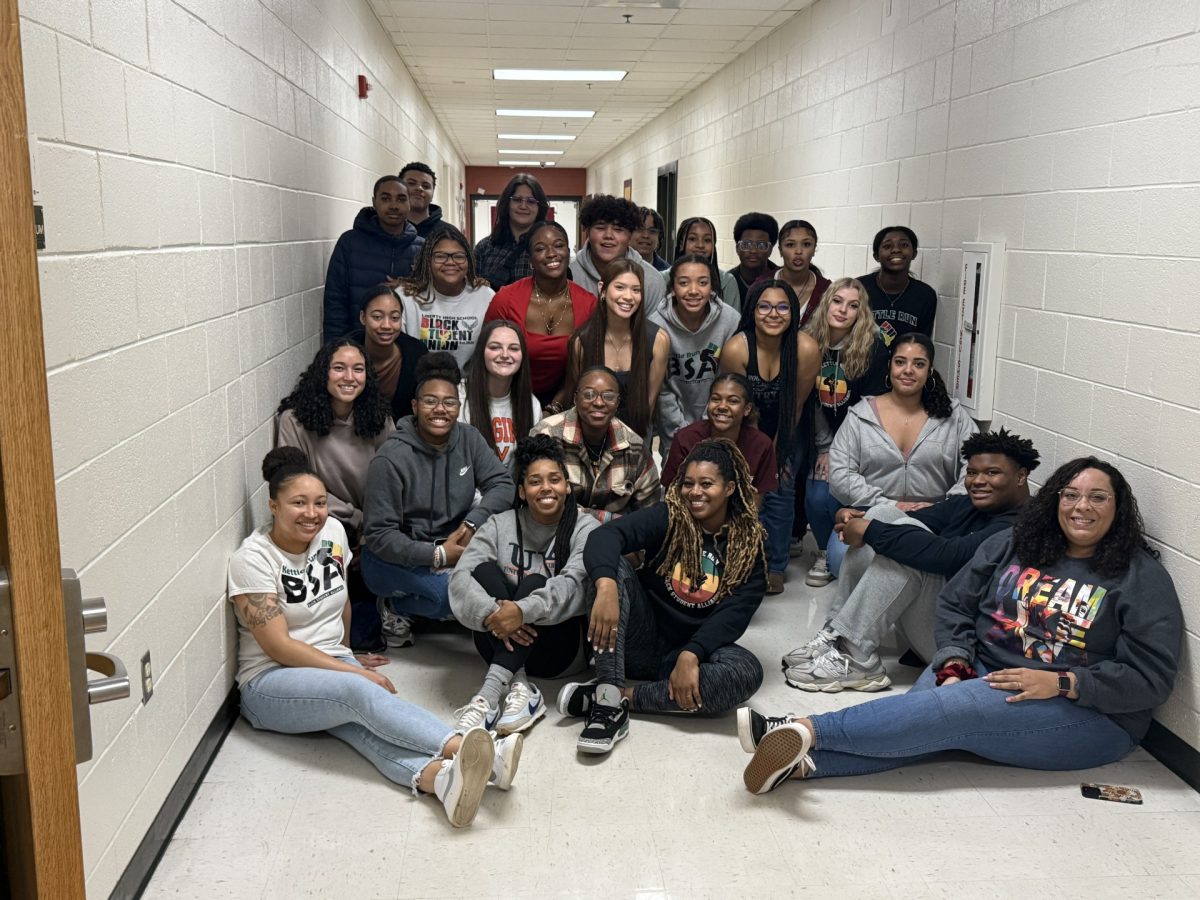No Time For Play: A Balancing Act
Students manage school and extracurriculars
“Complete two hours of practice, three hours of homework, eat dinner, shower, oh, and make sure to get at least 8 hours of sleep.” A majority of students have heard something similar to this statement. Countless high school students struggle to balance school with extracurricular activities such as jobs, sports, or family care. A 2014 University of Phoenix College of Education study revealed that the average high school student has approximately 17.5 hours of homework every week. On top of many homework assignments, after-school activities take up a big section of time for these teenage students.
Working long shifts at Panera, senior Miranda Shorts has sometimes had to skip homework assignments to get to her job on time, as well as skip some of her shifts to complete her many homework assignments. “I have missed some shifts at my job before,” said Shorts. “But luckily I can always find one of my coworkers to cover for me.”
Contrary to Shorts, junior Jacob Rader has never had to miss a shift or athletic game. “I make sure to plan accordingly to get all of my work done,” said Rader. For Rader and other students alike, the hardest part of balancing schoolwork and extracurricular activities is simply finding any extra time to study while still getting the suggested amount of sleep for teenagers. There are several strategies that busy students utilize to stay on top of their assignments as well as their after-school obligations so they do not have to stay up too late on school nights doing his schoolwork.
“When I’m doing my homework, sometimes I’ll use timers to stay on task,” said Shorts. “I give myself short breaks in between different homework assignments.”
Using a different tactic, Rader makes sure he is always organized. “I make a schedule of what I’m going to do for the week to organize all of my activities,” said Rader. “Sometimes I even try to study during homeroom so I don’t have to after school.”
For those students who may need a bit of guidance in figuring out how to effectively manage their time, guidance counselor Sue Harmon has some suggestions for students. “Make lists, prioritize the activities, learn to say no, and step away from the areas that cause them the most stress,” said Harmon. Stressing the importance of being involved with afterschool activities, Harmon also believes it is important for students not to overcomplicate their schedules. “School needs to come first,” said Harmon. “Although it is important for students to be well rounded, if they are involved in so many activities that it is causing them stress they need to take a step back and reevaluate what they are involved in. Many students are able to manage their time and juggle different aspects of their life, but if it is a problem I think students should prioritize what is most important to them.” Harmon also wants students to make sure they remember that as they get older, their workload will increase. “Homework is a fact of life for high school and college students,” said Harmon. “Learning time-management strategies is essential to success.”

























